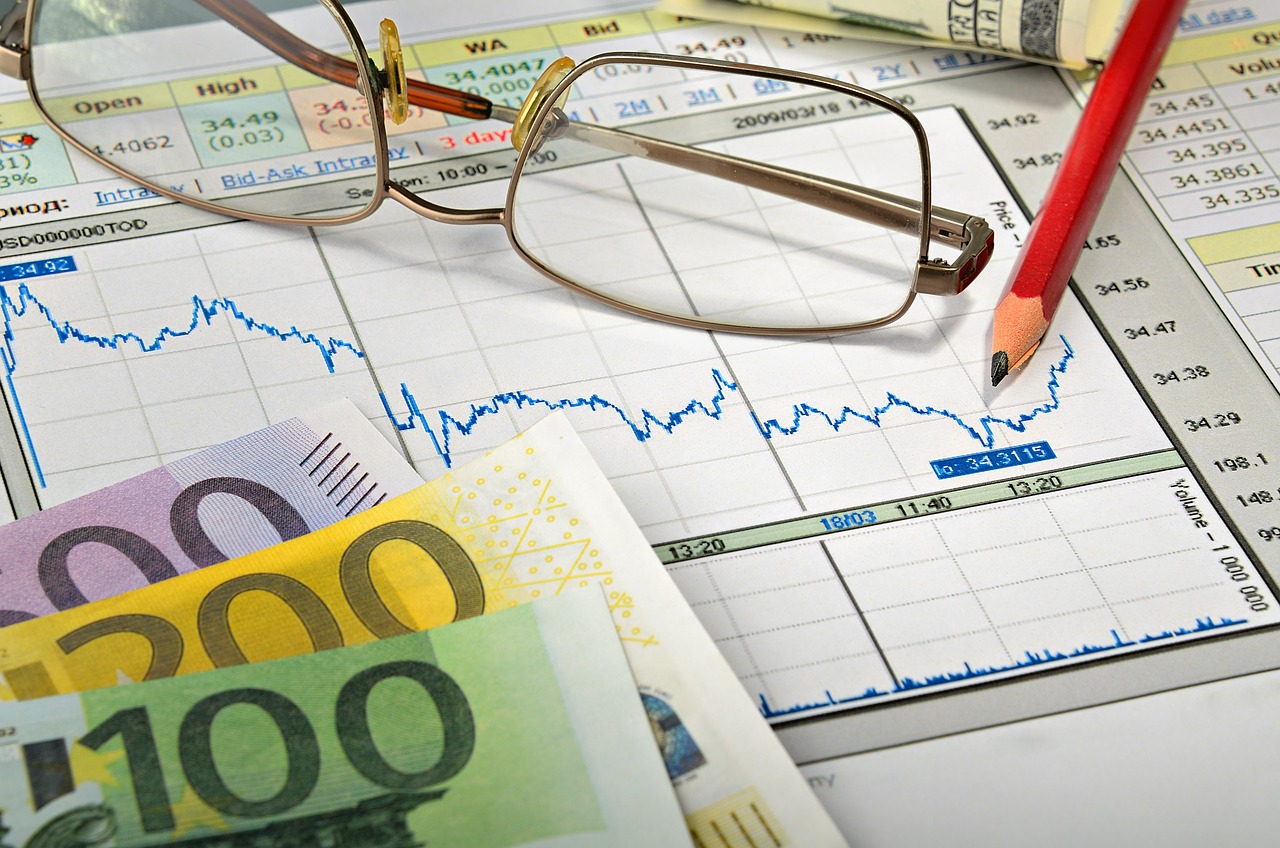US Dollar to Baht Exchange Rate: Key Factors, Best Apps, and Conversion Strategies
GPT_Global - 2025-10-31 02:00:07.0 132
How much is 1 US dollar in Baht compared to other currencies like the Euro or Japanese Yen?
In the world of remittance services, understanding currency conversion is essential for both senders and receivers. When sending money across borders, the exchange rate between the US Dollar (USD) and other currencies plays a critical role. As of now, 1 US Dollar (USD) is equivalent to approximately 36-38 Thai Baht (THB), but this can fluctuate based on global market conditions.
For those transferring money to Europe, 1 USD typically converts to around 0.90-0.95 Euros (EUR), depending on the current exchange rate. The Euro tends to be relatively stable, making it a popular choice for remittance. Similarly, in Japan, 1 USD equals approximately 145-150 Japanese Yen (JPY), though it can vary with economic shifts in both the US and Japan.
For remittance businesses, it’s important to keep track of these rates to ensure customers get the best value for their money. Fluctuating exchange rates can significantly impact the amount received by the recipient, making it essential to choose a reliable remittance service that offers competitive rates and low fees. Being informed about these rates helps both senders and receivers make smarter financial decisions.

What is the highest recorded value of the US dollar against the Thai Baht?
In the world of remittance services, understanding currency fluctuations is key to maximizing transfers. One such noteworthy event was the highest recorded value of the US dollar against the Thai Baht. This occurred in 1997 during the Asian Financial Crisis, when the Baht sharply depreciated due to economic instability. At its peak, 1 USD was equivalent to around 56.6 Thai Baht, a significant rise from its usual value of around 25 Baht to the dollar.
For remittance businesses, such a drastic change in currency values can greatly impact both the cost and the amount received by recipients in Thailand. When the value of the dollar is high, senders can transfer more money, making it an advantageous time for those sending funds abroad. However, it’s essential to stay updated on current exchange rates to ensure that both senders and recipients are making the most of their remittances.
Today, while the Baht is far more stable, fluctuations still occur, and businesses need to keep a close eye on currency trends. This ensures that remittance services can provide optimal rates for their customers, enhancing satisfaction and retaining loyalty in a competitive market.
What currency exchange apps provide the best rates for converting 1 US dollar to Baht?
When sending money overseas, getting the best exchange rate is essential to ensure your recipient receives the most value. For converting 1 US dollar to Thai Baht, several currency exchange apps stand out for offering competitive rates. These apps not only make remittance easier but also more affordable.
One popular option is Wise (formerly TransferWise), known for its transparent and near-mid-market exchange rates. Wise provides a simple user interface and low fees, making it a favorite among remittance customers. Another top choice is Revolut, which offers excellent exchange rates and additional financial tools for users to manage their transfers easily.
For those who want a more comprehensive platform, PayPal also offers currency exchange services, though its rates may not be as competitive as Wise or Revolut. Lastly, Remitly and Xoom, both services from PayPal, are excellent for quick transfers and are ideal for people sending money to Thailand. However, users should always compare rates before initiating a transfer.
Ultimately, it’s important to check multiple apps for the best rate at the time of your transaction, as exchange rates fluctuate constantly. By choosing the right platform, you can ensure a smooth and cost-effective remittance experience.
Are there any specific days of the week when the 1 US dollar to Baht exchange rate is better?
The foreign exchange market is dynamic, and many remittance businesses often get asked about the best times to exchange currencies. Specifically, many wonder if there are days of the week when the 1 US dollar to Baht exchange rate is more favorable.
While exchange rates fluctuate throughout the week, there isn’t a specific day universally better for the 1 USD to THB rate. However, market behavior does suggest certain trends. Generally, exchange rates are more volatile early in the week, particularly Monday and Tuesday, as markets react to news and updates from the weekend. By mid-week, the market stabilizes, often leading to a more predictable exchange rate.
Moreover, global factors such as geopolitical events, economic data releases, and central bank decisions play a significant role in shaping the rate. These influences can impact rates regardless of the day.
For those looking to send remittances, timing can make a difference. Monitoring exchange trends through a trusted remittance service and staying informed about global financial news can help secure a better rate for sending money abroad.
How do the US Federal Reserve’s decisions affect the US dollar to Thai Baht exchange rate?
The US Federal Reserve plays a critical role in shaping the value of the US dollar, which in turn influences exchange rates like the US dollar to Thai Baht (USD/THB). When the Fed makes decisions on interest rates, inflation targets, or monetary policies, it directly impacts investor confidence, currency demand, and market stability.
For instance, when the Federal Reserve raises interest rates, it generally strengthens the US dollar. Higher interest rates make US assets more attractive, prompting foreign investors to buy more dollars, which can increase its value against other currencies like the Thai Baht. Conversely, when the Fed cuts interest rates, the dollar often weakens, potentially causing a decline in USD/THB.
The Federal Reserve's decisions are crucial for businesses in the remittance industry, as exchange rate fluctuations can affect the cost of transferring money. Understanding how the Fed’s policies influence the USD/THB rate can help both remittance senders and receivers plan their transactions more effectively, minimizing costs and maximizing value in cross-border payments.
Does the value of the Thai Baht fluctuate significantly against the US dollar?
When it comes to remittance, the stability of currency exchange rates plays a critical role in determining the value of transactions. The Thai Baht (THB) is known for fluctuating significantly against the US dollar (USD), which can impact both senders and recipients of money transfers.
Factors such as Thailand's economic performance, political stability, and global market conditions contribute to the Baht's volatility. As a result, remittance businesses often see changes in exchange rates that can either benefit or disadvantage their customers. For instance, a stronger Baht means that recipients in Thailand get more value for their money, while a weaker Baht results in less purchasing power.
For businesses involved in remittances, monitoring the exchange rate between the Baht and the USD is crucial to provide the best value for customers. By understanding how these fluctuations work, customers can time their transfers to ensure they get the most favorable rates.
In conclusion, the Thai Baht's fluctuations against the US dollar are an essential factor in the remittance business. To ensure the best exchange rates, it's advisable to stay updated on market trends and use a reliable service provider.
How can I lock in a favorable exchange rate for converting 1 US dollar to Baht?
When sending money abroad, locking in a favorable exchange rate can make a big difference, especially when converting US dollars to Baht for remittances. Fluctuating currency rates can impact how much the recipient receives, so understanding how to secure a good exchange rate is crucial for maximizing your funds.
One way to lock in a favorable exchange rate is by using forward contracts. These allow you to fix the rate today for a future transaction, protecting you from potential market fluctuations. Many remittance services offer this option, providing peace of mind when transferring large sums.
Another method is to monitor exchange rates closely. By using currency alerts, you can receive notifications when the exchange rate reaches your desired level. Some remittance providers also offer tools to help you track rates in real time and make transfers when the rate is most advantageous.
Lastly, consider working with a remittance business that offers competitive rates and low fees. By choosing a service with transparent pricing and favorable exchange rate policies, you can ensure that you’re getting the most value when converting US dollars to Baht.
Is it better to exchange US dollars for Baht in Thailand or before traveling?
When planning a trip to Thailand, one of the key questions travelers often face is whether it's better to exchange US dollars for Thai Baht before their journey or after they arrive. This decision can impact your overall budget, as exchange rates fluctuate and fees vary.
Exchanging US dollars for Baht before traveling can offer a sense of certainty, as you’ll know exactly how much you will receive. However, you might not get the best exchange rates at your local bank or exchange office, and additional fees could eat into your conversion.
On the other hand, exchanging money in Thailand often provides better exchange rates. Local banks, exchange offices, or ATMs may offer more competitive rates, although there could be foreign transaction fees or withdrawal charges. It's essential to compare rates and fees to ensure you're getting the most value.
In conclusion, whether you exchange before or after your trip depends on your preferences. If you prioritize certainty, exchanging before you travel may work for you. If you’re looking for better rates and are comfortable navigating the local currency exchange scene, waiting until you’re in Thailand might be the best option.
About Panda Remit
Panda Remit is committed to providing global users with more convenient, safe, reliable, and affordable online cross-border remittance services。
International remittance services from more than 30 countries/regions around the world are now available: including Japan, Hong Kong, Europe, the United States, Australia, and other markets, and are recognized and trusted by millions of users around the world.
Visit Panda Remit Official Website or Download PandaRemit App, to learn more about remittance info.



